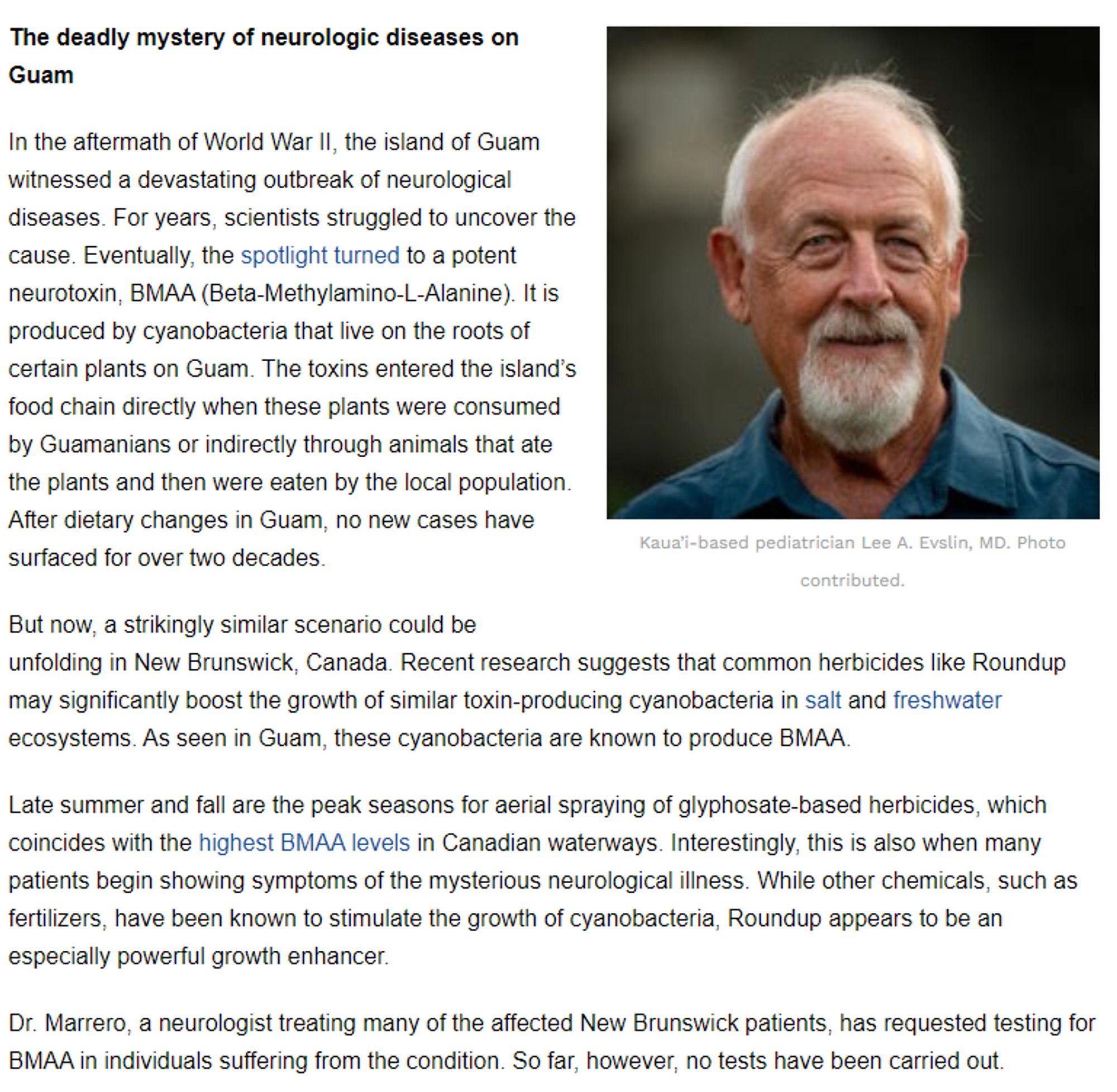lol. to be boring and guess at any logical context… all the medical licensing exams are SO repetitive about diagnosing food poisoning by toxins at picnics, and it’s ALWAYS potato salad… but this is prob a supplement ad for sawdust + lead
The toxins it does have are adapted to it's natural prey, but the heat and concentrated acids remain a tremendous threat to anyone who isn't highly resistant to fire.
Different trials for each. There is a fairly worked up proposal for a "definitive treatment trial" but that can't easily get at Q's on empiric IVIG & anti-toxins. The latter much harder as syndromes caused by a range of bacteria some where interventions might help and some where we presume does zero
feels p normal. our sweat smells certain ways usually based on toxins we're taking in and it's trying to get out
Thinking about all the abortive attempts at men's rights activism but "from the left" over the last decade. There would be like a subreddit where guys would ask each other if the ladies will love my exotic collection of poisons and toxins. And some dude's like they will, but not in an evo-psych way
i paid a price for fast travel in my career. burnout. i ate compsci and shat product. i also ate techbro, A round, explosive growth, and c-level toxins my meat is now poisoned and not fit for consumption if someone says scrum my tummy hurts if someone says pivot i want to commit violence
Ah ok! I was taught a venom is injected and a poison is ingested, and a quick search showed that allergens are not classified as toxins. But this makes sense! Chemicals evolved to do damage to a predator and one pathway can be the immune system/anaphylaxis.
That's true, it was like that, as many were still recovering from the toxins from elsewhere.
you can see god if you don't have any toxins in your nasal cavity
